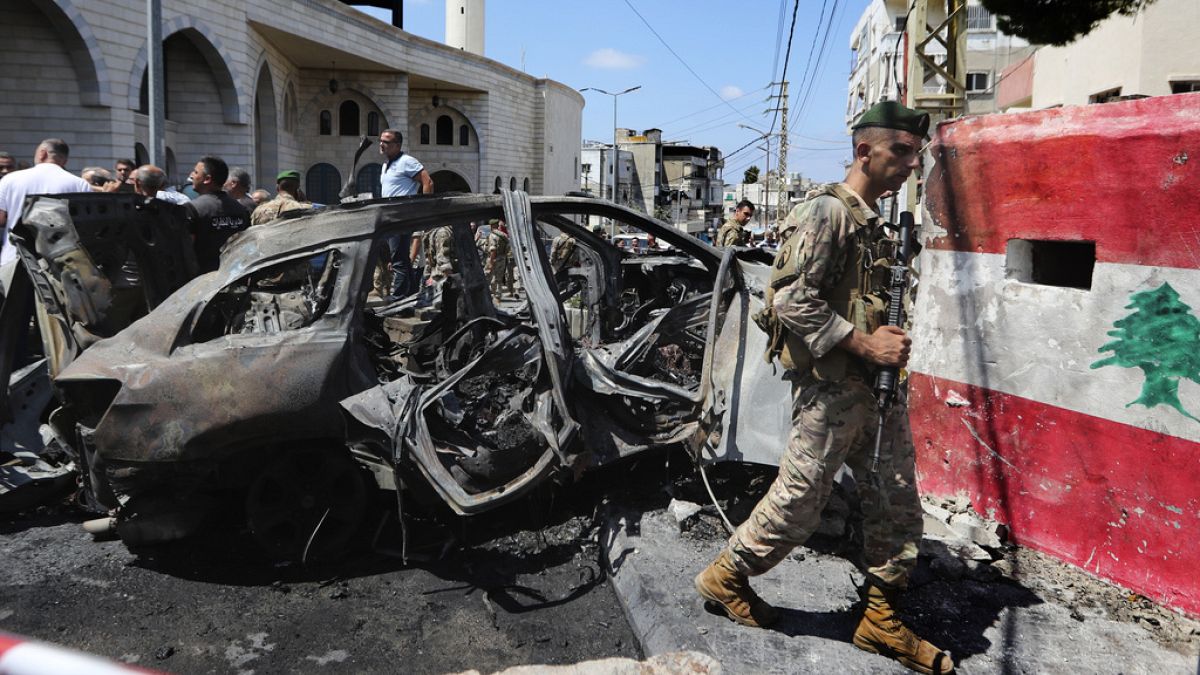As the conflict between Israel and Hezbollah in Lebanon continues to escalate, questions arise regarding the absence of the regular Lebanese army and its ability to confront a major conflict. The role of the Lebanese army in Lebanon is complex, as it is subject to the instructions of the Lebanese government. With extreme divisions in the leadership of Lebanon, decisions regarding the conflict have serious consequences for the entire Middle East. Southern Lebanon and the Bekka Valley, supposedly under the protection of the UN Security Council Resolution 1701, present a challenge for the Lebanese armed forces in the face of a major military attack.
Lebanon’s political regime is delicately balanced between different confessional communities, with the army subordinate to political institutions. The Lebanese army faces a dilemma of either confronting the Israeli army or disarming Hezbollah by force, as outlined in Resolution 1701. However, any action against Hezbollah could lead to civil war, as the armed force has strong support within Lebanon. While there have been moments of cooperation between Hezbollah and the Lebanese army, ultimately, they are not aligned in their objectives in the current conflict.
The Lebanese regular army lacks the necessary weaponry to effectively counter the Israeli attacks and disarm Hezbollah. The European Union has attempted to enhance the Lebanese armed forces’ capabilities, but political decisions within Lebanon hinder the deployment of these forces to confront the conflict. The Lebanese army is also stretched thin dealing with internal security affairs, such as controlling migrants and providing security for refugees. In the Bekka Valley, the army’s ability to operate on new fronts is limited, and any direct confrontation could lead to political and financial repercussions.
During the Israeli invasion of 2006, the Lebanese regular army refrained from confronting the IDF despite the bombing of its bases. The Lebanese army did not use force to disarm Hezbollah, as required by Resolution 1701. The absence of missile defense systems in Lebanon further complicates the situation, as the army does not have the capability to intercept Israeli missiles. With a fragile balance of power and unfriendly neighbors, the Lebanese army faces challenges in addressing the ongoing conflict between Israel and Hezbollah. Ultimately, the decisions made by Lebanon’s leadership will have far-reaching implications for the region.











